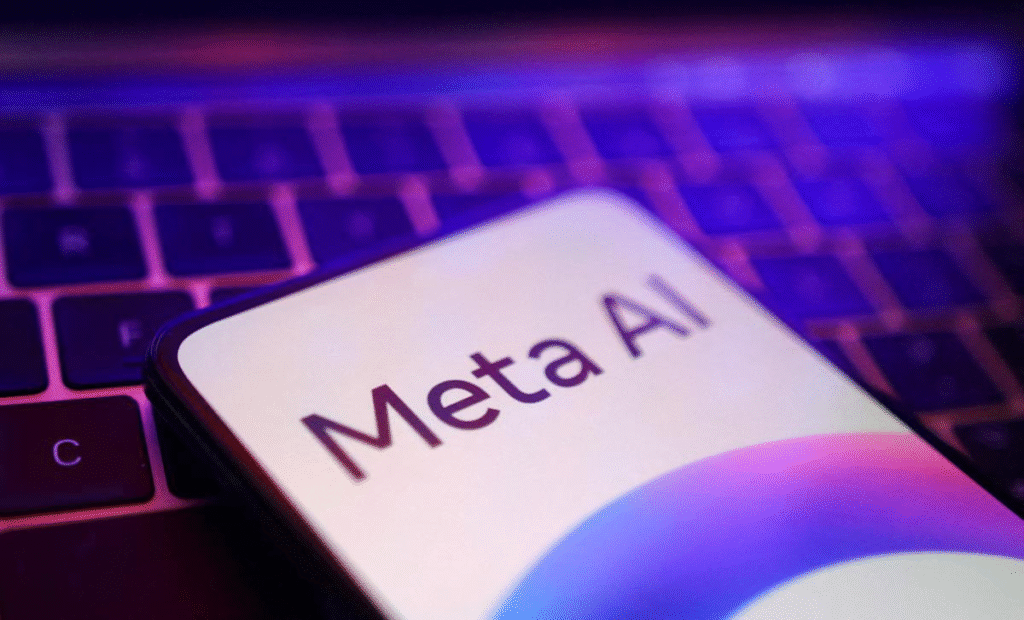Meta is moving its AI chatbots from passive responders to proactive companions. Internal documents leaked from a data–labeling partner reveal that the company plans to let its bots message users first, recall earlier conversations, and apply advanced engagement tactics to extend chat sessions.

Bots That Break the Ice
Today, most AI bots wait for users to send the first message. Meta’s new approach will put its chatbots in control of the first move. Imagine opening Facebook Messenger or WhatsApp to find a friendly AI greeting you by name. A persona called “The Maestro of Movie Magic” might ping you with a question about recent soundtracks or new films to watch.
Meta confirms that bots will only send a follow-up message within a two–week window after you start a conversation. They will respect user engagement; if you do not reply after the first follow–up, they will stop messaging you.
Memory That Matters
Once a user sends at least five messages, the chatbot will store details about the discussion. This memory allows the AI to pick up right where the previous chat left off. You might open a new message to find your favorite hobby or recent travel plans already remembered by the bot. That context aims to make each interaction feel more personal and more helpful.
Engagement Tactics and Privacy Concerns
Meta’s ambitions mirror features from startups such as Character.AI and Replika. Those services let their bots ask questions or share media to simulate companionship. Meta’s scale, however, raises fresh privacy questions. Courts unsealed documents that project AI tools could add up to $3 billion in revenue this year and $1.4 trillion by 2035. Much of that will depend on engagement metrics, suggesting the new chat tactics may also serve advertising goals.
In its public advice, Meta emphasizes that its chatbots are not professionally certified and can provide irrelevant and incorrect answers. The company cautions them not to use them to have medical, financial, or legal advice. It has not yet set an age limit for AI engagement, though some regions impose restrictions.
Next Steps for AI Conversations
Meta plans to let users keep their custom chatbots private or share them via stories, direct links, or profile display. In the long term, AI Studio may develop into paid responses or a system of subscriptions. Meta would not specify how it intends to maintain these chatbots with advertising, leaving the future money-making side undefined and the future place of AI companions within the larger Meta ecosystem unclear.

With Meta evolving towards AI that initiates and has remembrance of previous conversations, the users will be provided with greater interactive support and sources of entertainment. At the same time, that push highlights the tension between personalized experiences and user privacy. Whether these proactive bots will enrich social apps or blur lines on consent remains to be seen.





